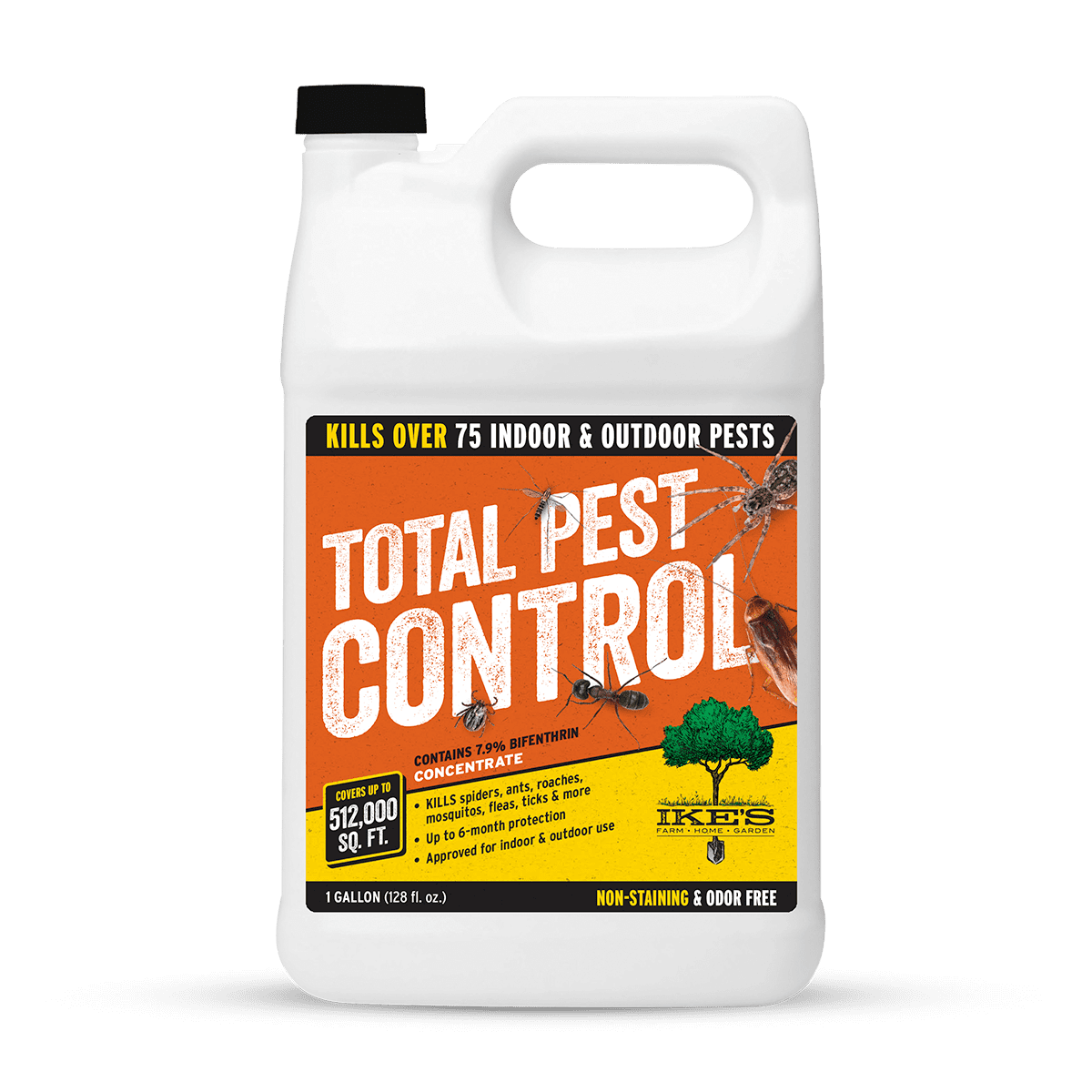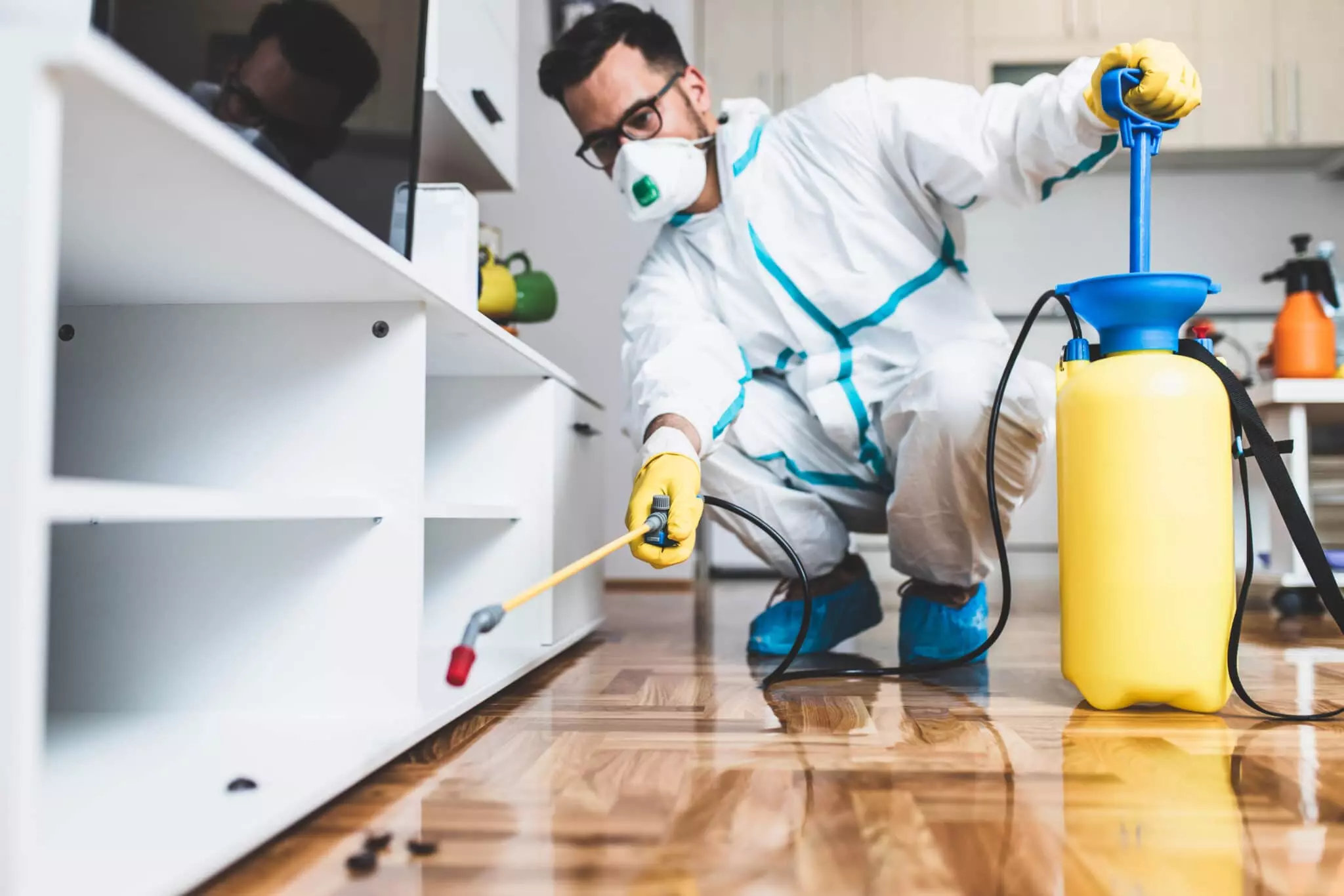Portland Exterminators A1 for Bed Bugs - Relied On Local Specialists
Portland Exterminators A1 for Bed Bugs - Relied On Local Specialists
Blog Article
Effective Bug Control Providers: A Thorough Take A Look At Extermination Techniques and Prevention Measures
In the realm of bug control solutions, the successful management of infestations requires a thorough method that combines numerous strategies and measures for both eradication and prevention. From Integrated Insect Management (IPM) approaches that prioritize lasting options to chemical extermination methods designed for targeted elimination, the collection versus insects is diverse and large. Biological control methods and physical prevention steps use alternate courses to successfully combating unwanted burglars. Nevertheless, the key to an extensive insect control strategy exists not just in the techniques themselves, but likewise in the careful professional examination procedures that come before and inform them. By recognizing the complexities of each approach and how they interplay, one can really comprehend the complexity and effectiveness of contemporary parasite control solutions.

Integrated Parasite Administration (IPM) Approaches
Integrated Pest Management (IPM) Methods incorporate a comprehensive strategy to pest control that focuses on tracking, control, and prevention techniques to successfully manage insect populations. By incorporating various methods, IPM aims to minimize the impact of bugs while likewise minimizing the dependence on chemical pesticides. Avoidance exists at the core of IPM, highlighting methods like appropriate cleanliness, upkeep of hygiene, and securing access points to hinder pests from infesting buildings.
Chemical Elimination Techniques
Chemical extermination methods are generally employed in insect control services to properly eliminate insect populations that pose a hazard to human health and wellness and residential or commercial property. These strategies involve making use of various chemical materials especially developed to target and remove insects such as insects, rodents, and other undesirable animals. The application of chemicals, pesticides, rodenticides, and various other chemical agents is meticulously regulated to make certain maximum efficiency while lessening dangers to people, family pets, and the environment.
Among the key advantages of chemical elimination methods is their capability to offer quick and targeted results, making them particularly beneficial in situations of serious invasions or immediate pest control demands - a1 bed bugs exterminator portland. Nevertheless, it is necessary to stress the significance of proper handling, application, and disposal of these chemical products to stop unintended harm
Additionally, incorporated pest administration (IPM) techniques commonly integrate chemical extermination methods with various other approaches such as sanitation, habitat alteration, and organic controls to develop a sustainable and extensive pest control strategy. By including chemical elimination techniques sensibly within an IPM framework, parasite control solutions can effectively take care of pest populaces while minimizing prospective dangers to human health and wellness and the setting.
Organic Bug Control Techniques
Using natural killers and parasites to manage bug populations is a sustainable method known as organic pest control. a1 portland bed bug exterminator. One usual organic control approach includes presenting all-natural opponents of the target pest varieties, such as ladybugs for aphid control or nematodes for termite problems.
Another effective organic control strategy is making use of microbial insecticides. These are normally taking place bacteria, such as fungi, infections, and bacteria, that specifically target and infect certain pest varieties. By utilizing these microbial agents, insect populaces can be properly minimized without causing or damaging beneficial microorganisms injury to the environment.
Physical Parasite Prevention Actions
Carrying out physical parasite avoidance steps entails utilizing barriers and structural adjustments to discourage pests from going into or infesting a residential property. Setting up door sweeps, screens on pest control houston windows, and sealing splits in the structure can help prevent bugs like insects and rodents from gaining gain access to inside.
Another physical avoidance procedure is using barriers like fencing to maintain bigger insects such as raccoons or deer far from the property. Setting up mesh or cord screens around yards can safeguard plants from being harmed by parasites. Correct waste management, including protecting trash cans with tight-fitting lids, is vital in preventing insects like rodents, raccoons, and pests. By applying these physical pest avoidance actions, homeowner can considerably decrease the risk of pest problems and the damages they can cause.
Expert Pest Inspection Treatments
Carrying out detailed and methodical insect examinations is a fundamental aspect of specialist pest monitoring procedures. Professional bug examiners are trained to thoroughly check out residential or commercial properties for signs of problems, determining pest species, entrance points, and helpful conditions. The assessment process typically begins with an extensive analysis of both the interior and exterior of the facilities. This involves checking for bug droppings, nibble marks, nests, and any architectural damages that might indicate bug activity. Furthermore, examiners might utilize specialized devices such as moisture meters and borescopes to spot concealed invasions within walls or crawl rooms.

Final Thought
To conclude, reliable parasite control solutions utilize a selection of strategies, consisting of Integrated Bug Management techniques, chemical elimination methods, moved here biological controls, and physical prevention actions. Expert insect evaluation procedures play a critical role in identifying and resolving pest concerns in a prompt manner. By applying a combination of these methods, building owners can effectively protect against and take care of Homepage parasite problems.
From Integrated Bug Administration (IPM) strategies that focus on lasting services to chemical extermination methods made for targeted elimination, the toolbox against insects is diverse and substantial.Integrated Parasite Management (IPM) Strategies incorporate a comprehensive method to pest control that concentrates on prevention, control, and tracking techniques to effectively take care of bug populations.Chemical extermination techniques are generally employed in parasite control services to efficiently eliminate parasite populaces that pose a threat to human health and property.Using natural predators and bloodsuckers to manage bug populaces is a lasting approach recognized as biological parasite control.In final thought, effective parasite control services employ a variety of strategies, including Integrated Insect Monitoring methods, chemical extermination methods, organic controls, and physical prevention measures.
Report this page